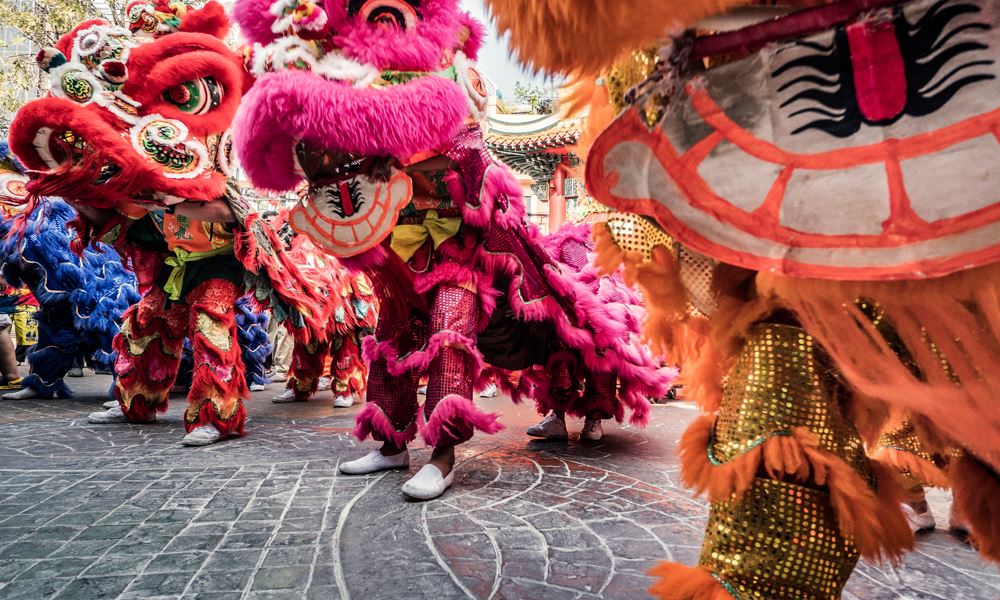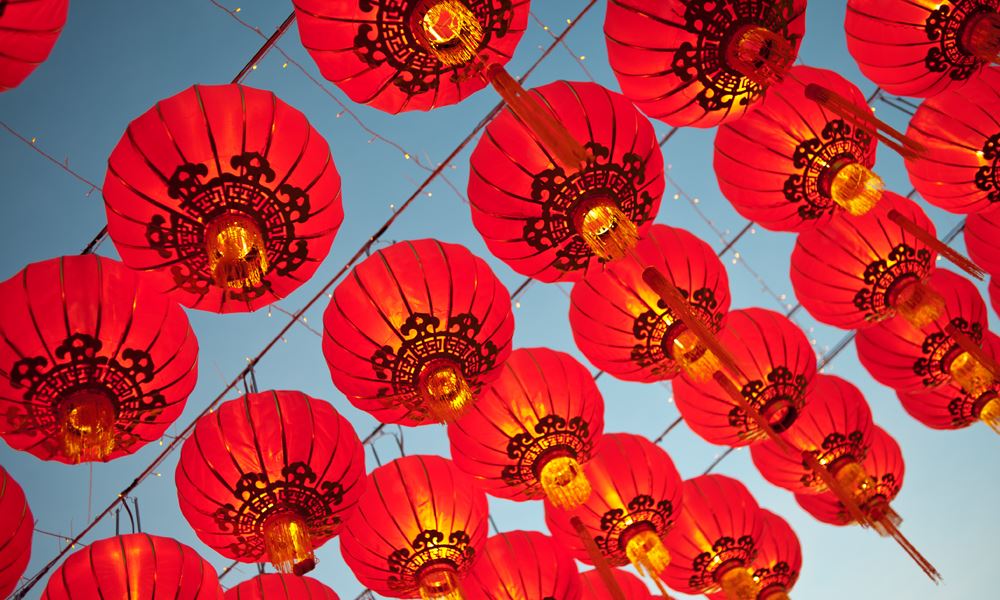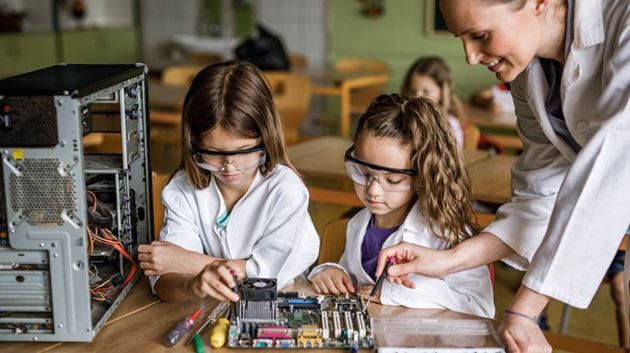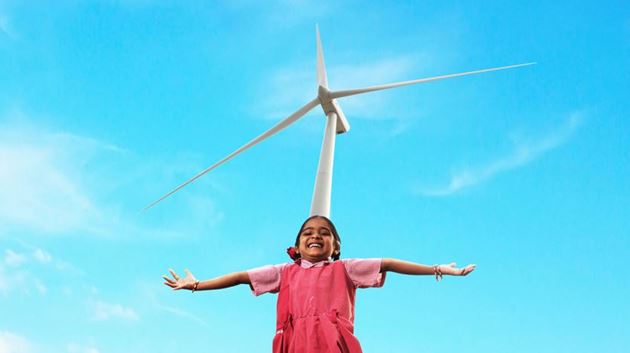
An unusual Chinese New Year during a global pandemic
#CelebratingDiversity
Hamburg / 12 February 2021
At Siemens Gamesa, we are driven by our people - from over 100 different countries, they build the company we are each day. Diverse thinking, broad cultural diversity and a gender balanced workforce make us more innovative and creative. To celebrate our diversity, we highlight special cultural festivals celebrated by our colleagues around the world: Today's Chinese New Year is the most important traditional festival in China and is celebrated throughout Asia and the rest of the world.
At Siemens Gamesa, we are driven by our people - from over 100 different countries, they build the company we are each day. Diverse thinking, broad cultural diversity and a gender balanced workforce make us more innovative and creative. To celebrate our diversity, we highlight special cultural festivals celebrated by our colleagues around the world: Today's Chinese New Year is the most important traditional festival in China and is celebrated throughout Asia and the rest of the world.
Head of Sustainability Communication
Legend has it that in ancient times a monster called Nian ("year") rose from the bottom of the sea once a year to feast on animals and people. On that day, the villagers fled to the mountains. One year, a beggar came seeking shelter, and an old woman took him in. He promised to chase away the monster and decorated the houses. When Nian strolled into the village at midnight, he stopped short when he saw all the red paper on the doors. As the monster roared with rage, firecrackers went off and it shook with fear. The red-clad beggar stepped into the street and laughed. Nian fled. The villagers returned from the mountains the next day and were pleasantly surprised to see their houses still intact. The tradition of decorating houses in red, wearing red clothes and setting off firecrackers at midnight was born.

Today, Chinese New Year is the most important traditional festival in China and is celebrated throughout Asia and the rest of the world, with major cities like San Francisco and London claiming to have the largest Chinese New Year celebrations outside of Asia. It is also known as Lunar New Year, as it follows the lunar calendar, and is celebrated as such in North and South Korea, as well as Vietnam.
In China, people travel to their hometowns to celebrate this important holiday with their families - sometimes traveling up to 3,000 kilometers from the northernmost part of China to the southernmost.
In China, people travel to their hometowns to celebrate this important holiday with their families - sometimes traveling up to 3,000 kilometers from the northernmost part of China to the southernmost.
They gather on Chinese New Year's Eve and prepare a big dinner of fish, dumplings and spring rolls, which is said to bring prosperity and good luck. That same night, they set off firecrackers at midnight to drive away monsters and bad luck, and again the next morning to welcome the New Year. Children are given money in red envelopes to help them avoid evil and to wish them good health. The first full moon of the lunar year marks the end of the Chinese New Year and is celebrated with the Lantern Festival, where people hang lighted lanterns in their homes and children carry them in a parade.
This year, the Year of the Ox, Chinese New Year falls on February 12. But the Covid-19 pandemic has changed the norm. While the situation in China has been stable and under good control, the Chinese government has taken strict precautions to avoid potential risks of virus transmission during the otherwise massive human migration across the country of 1.4 billion people. The Chinese government encouraged people to stay where they work instead of traveling to their hometowns. Most of Siemens Gamesa's 1,400 employees in China followed the government's instructions and stayed in Beijing, Shanghai and Tianjin, where the company has offices and operations.

"Chinese New Year is the only time of the year when I can spend a few days with my parents. I had already booked the tickets to go home this year, but because of the pandemic, I can't return to my hometown. However, my parents and I have agreed to have an online reunion dinner with distant toasts and New Year's wishes. It's unusual, but it will be a special memory for my family and me," said Lincoln Li from Siemens Gamesa's APAC Corporate Communications team based in Beijing.
Siemens Gamesa wishes everyone a happy and safe Chinese New Year! 新年快乐!
Siemens Gamesa wishes everyone a happy and safe Chinese New Year! 新年快乐!



